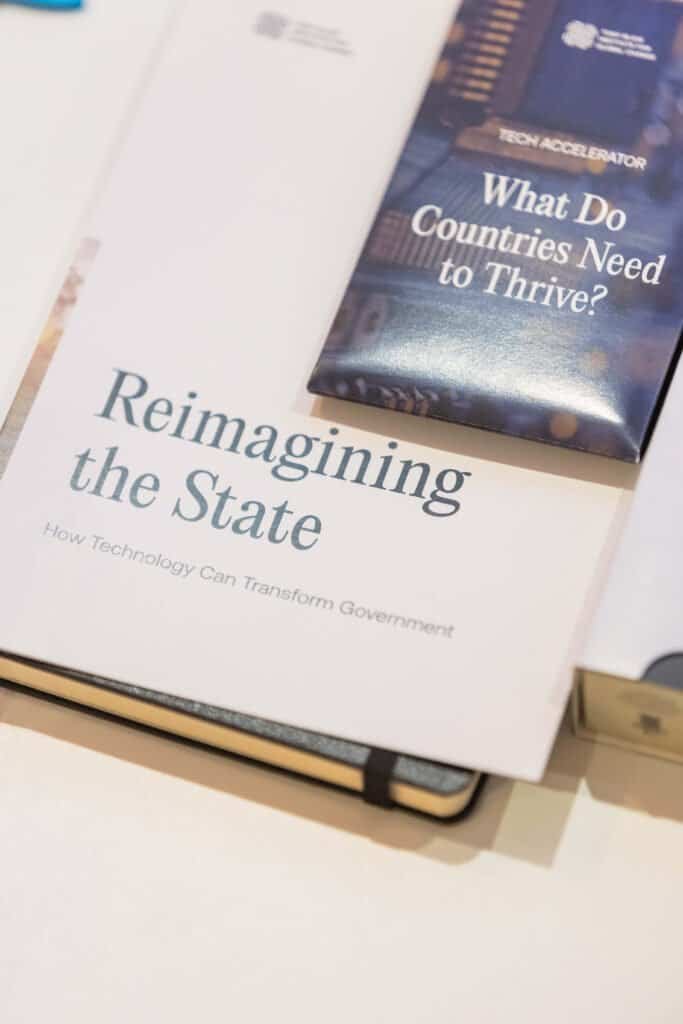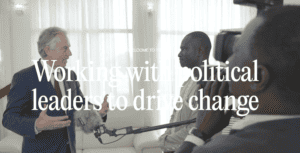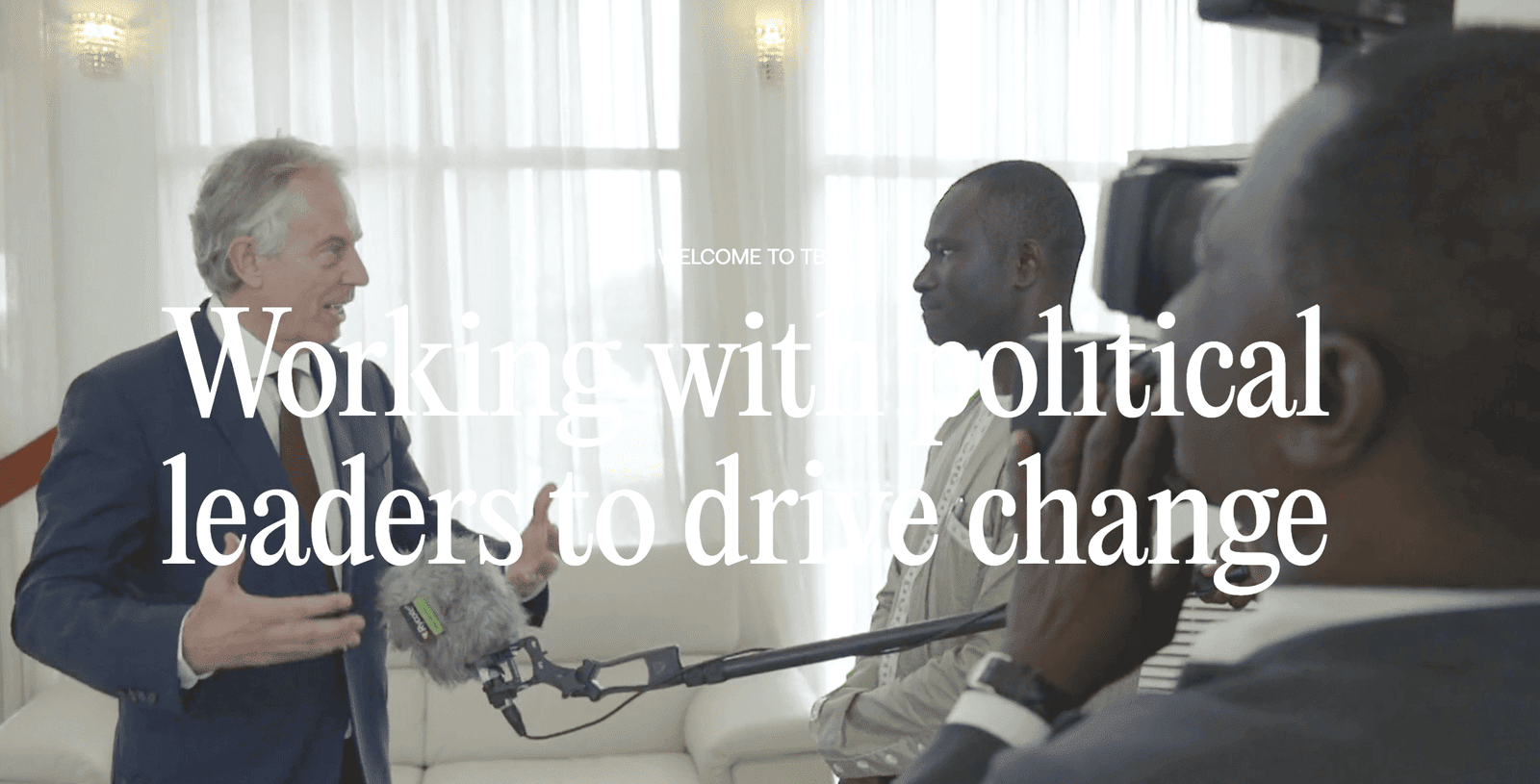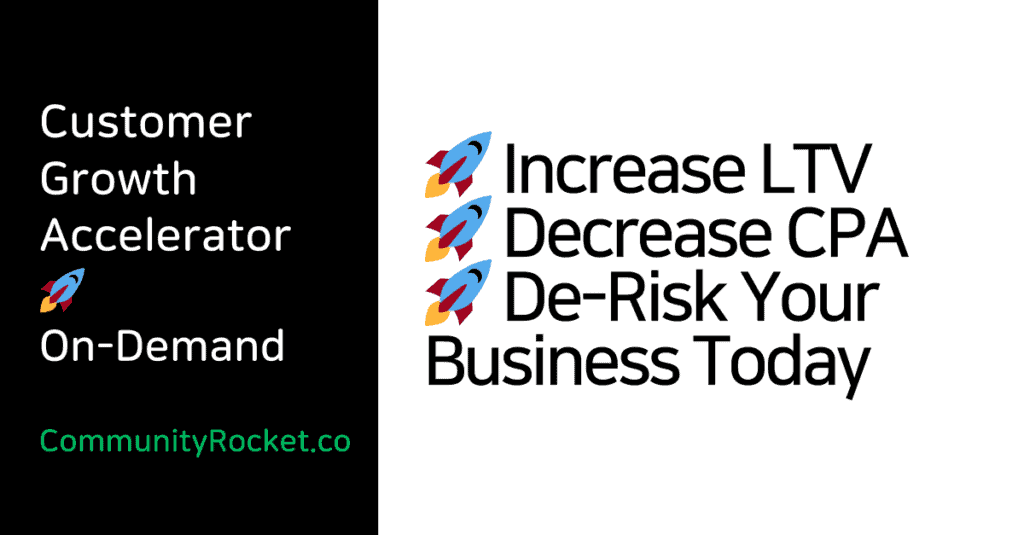Welcome to Community Masters, our regular chat with great people doing great things to bring great people together!
This week we’re welcoming Lucia Asanache, Head of Community Engagement at the Tony Blair Institute for Global Change to the Community Rocket blog – we hope you enjoy!
So Lucia, tell us more about yourself and where you’re from
I work at the Tony Blair Institute for Global Change as Head of Community Engagement. I lead on our external engagement with political and tech industry changemakers. My global team and I create and curate spaces and programmes that bring leaders together to connect on practical tech solutions that accelerate societal change.
How does The Tony Blair Institute For Global Change approach ‘community’ – what kind of a program do you run and what are your goals in your role and the institute?
Community has been growing steadily in the past few years, building rapport with as well as advocacy and support from organisations and individuals who share in our vision of how technology is changing the way the world works and leaders lead.
An example of a program I run is the TBI Tech Accelerator, an annual gathering of progressive political leaders driven by the desire and agenda to improve public services and reimagine the state for the 21st century.
Bringing 20 political leaders from 10+ countries in a room to talk tech is not as simple as you can imagine – it requires a voice, credibility, creativity, and a commitment to keeping them engaged and staying relevant. Seeing them interact, exchange ideas, debate, and take notes during our residential is what proves to me that community, at any and all levels, just works.
How effective has The Tony Blair Institute For Global Change been in effecting change within governments? How do you get cut through to the right decision-makers and build relationships with them?
I may be biased, but I’ll say hugely effective and impactful, with lots more to do. Through our partnership platform, we bring government and tech partners together to deliver positive change for people around the world.
From helping to provide high-speed internet connectivity to rural parts of Africa and Southeast Asia, digital vaccine campaigns in Senegal, securing digital health passes in Ghana and so much more.
This builds on years of building trust and demonstrating value through our embedded advisory in governments around the world as well as a solid industry network comprising of the best tech and thinking out there, with potential or ready-to-scale for those governments.
What does community mean to you personally?
A happy place where I enjoy hanging out and always learning something new and interesting. It also implies meaningful engagement, a common purpose, and a sense of identity and pride to be part of something.
Community is both a product and an approach and I think businesses, government, and civil society can benefit from being community-minded, which translates into a myriad of things: more people-focused, better listeners, curators of open spaces and conversations, diligent about keeping in touch and showing commitment. No matter who the audience is.
What other companies/people do you think do a good job of community? Who inspires you?
- Common Magic / Sarah Drinkwater – it’s incredible to see an investment platform for community, with the experience and network Sarah brings.
- Interintellect / Anna Gat – through its salons, people, membership, tweets you name it. This is the home of Community Online and IRL. Always a good example.
- Amber Atherton for her longstanding advocacy and development of virtual communities but also documenting the beautiful beginnings and learnings from some of the best out there, in her recent book.
All girls too, yay – not intentionally, but so happy about it

For anyone looking to add a community function to their cause or business, big or small, what advice would you give them to help people come together and drive growth and change?
- Think about what matters to those you are trying to engage, and take time to get to know them. Network and enable networking, and give back to those who participate with insight-sharing, and access to people and information. Make it fun, personable, and attributable to you – why YOU and what would you remember from your own convening.
- Think about what you can add or do differently for your community. Community needs freedom to experiment, which is not always easy in certain industries, but it pays off.
- Lastly, you all may be engaging in community activities already. If you work in comms, marketing, social, and product acquisition, you name it – you will have deployed some forms of community building. Formalising community-first approaches is to be seen more inclusive, more connected to the audience and purpose and it comes across.
What is your number one tip you’d like to share in how to build a community or in your job in general?
- Pay attention to hiring (if you have the chance to build a team around it)when building your community. Surround yourself with people who have the spirit, passion, and intellect to move mountains, it will come in handy.
- Take the time to bring people on board with you. Going on a journey together really makes a difference in the long run!
—
Thanks so much Lucia, it was great to chat, and good luck with your community goals at the Tony Blair Institute for Global Change


